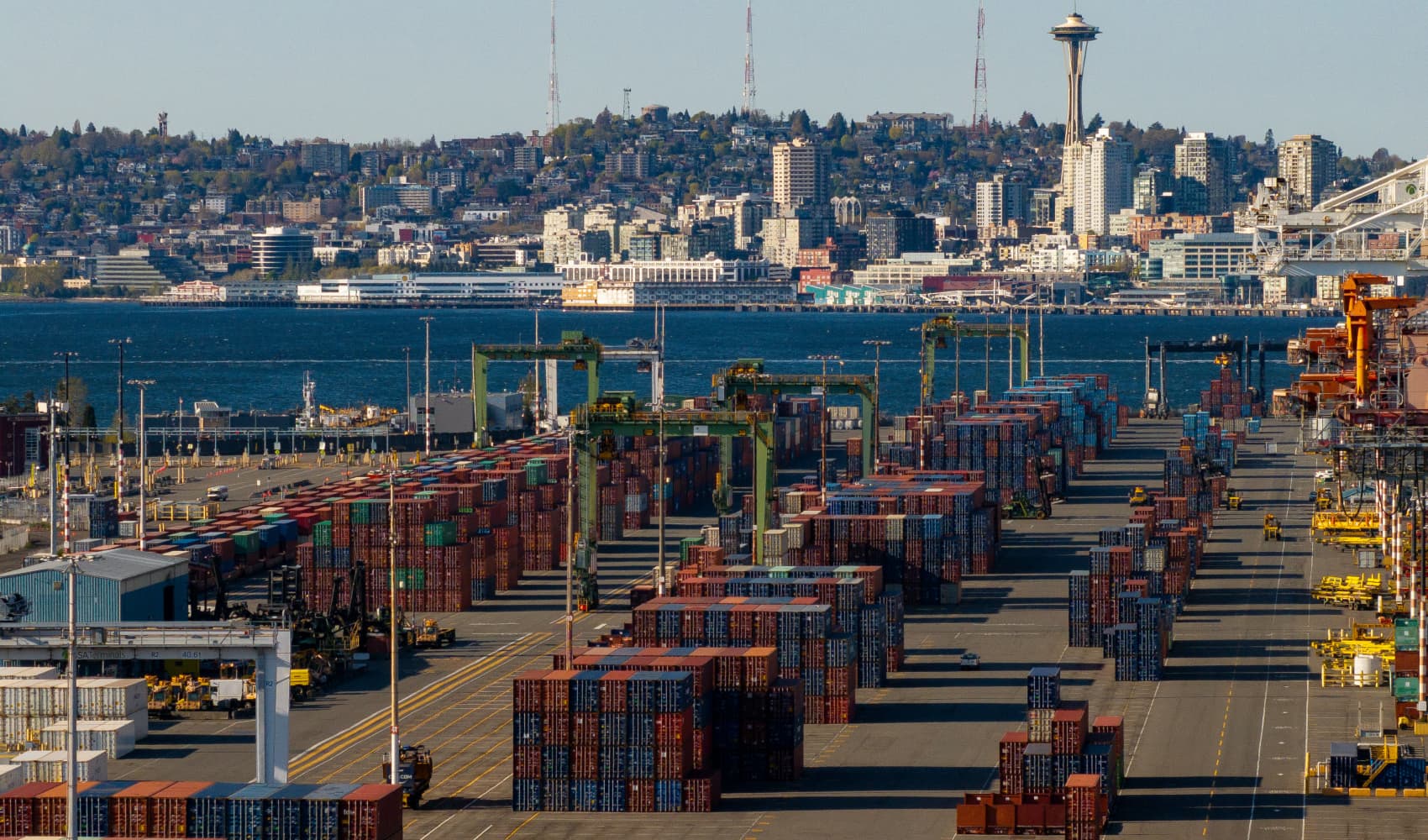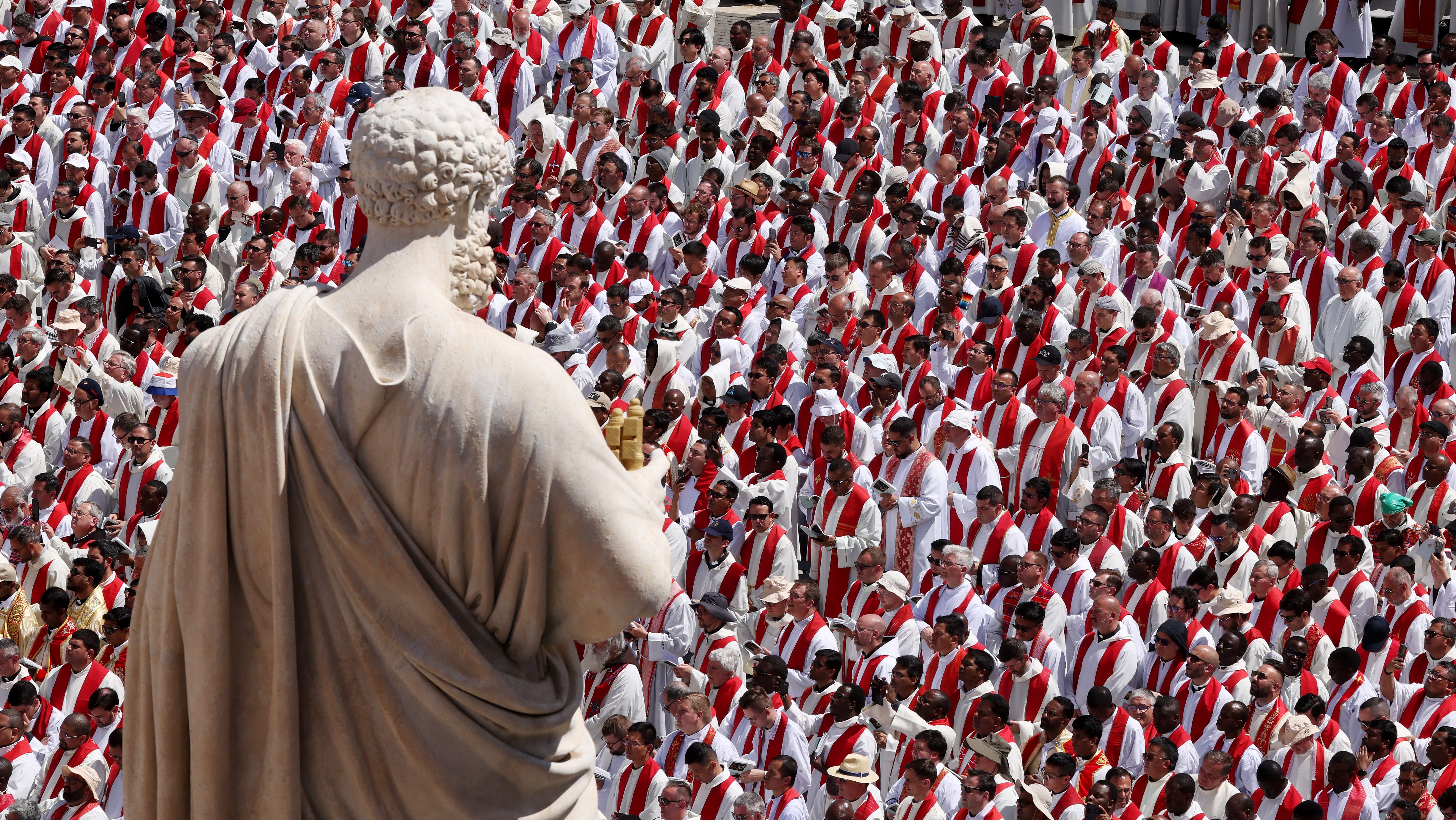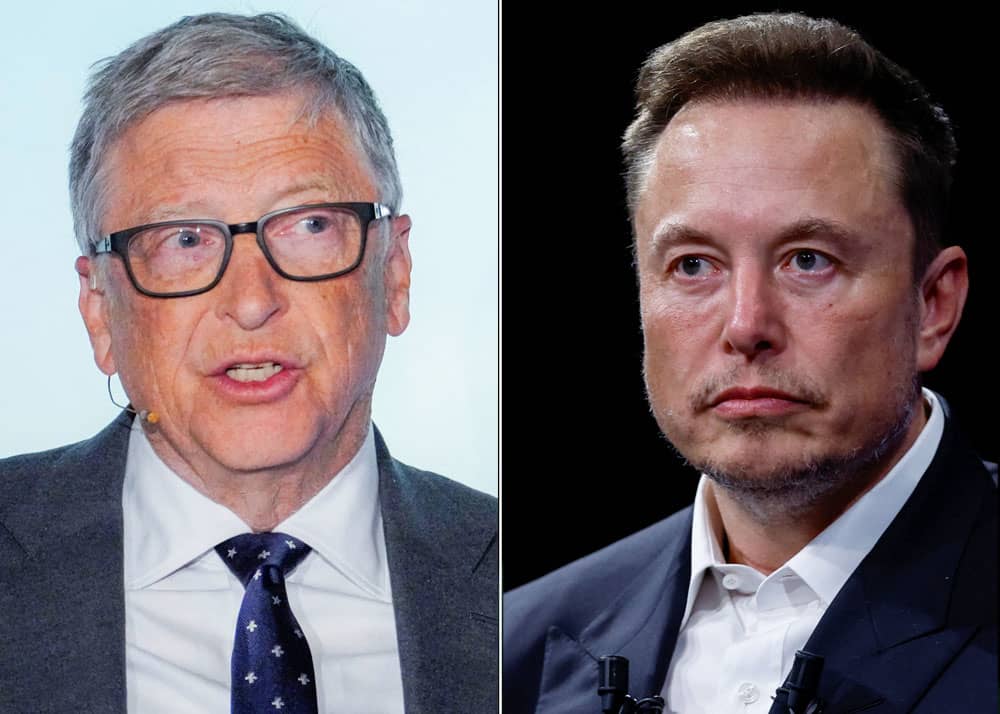Trump Tariffs Hurt the Poor: Study Reveals Shocking Impact
Trump Tariffs: Who Really Pays the Price? The Shocking Truth
Introduction: Are Trump's Tariffs a Hidden Tax on the Poor?
We all know tariffs can affect the price of goods, but have you ever stopped to think about *who* feels the pinch the most? A recent study throws a spotlight on this very question, suggesting that tariffs imposed during Donald Trump's presidency (and potentially in a future term) could disproportionately impact lower-income Americans. So, are these tariffs a hidden tax that hits the wallets of those who can least afford it? Let's dive in and unravel this complex issue.
What Exactly Are Tariffs, Anyway?
Think of tariffs as a toll booth on the highway of international trade. They're a tax that importers pay on goods coming into the U.S. from other countries. Now, the big question is, who *really* pays that toll? Is it the big corporations, or does that cost trickle down to us, the consumers? Well, economists generally agree that at least some of that cost gets passed on to us in the form of higher prices.
The Institute on Taxation and Economic Policy Study: A Closer Look
The Institute on Taxation and Economic Policy (ITEP) took a deep dive into the potential impact of Trump's tariffs. Their analysis suggests that the poorest 20% of households would feel the tax burden of tariffs much more acutely than the wealthiest 1%. We're talking about a scenario where lower-income families could see a significantly larger portion of their income eaten up by these tariffs.
H3: How the Numbers Stack Up
The ITEP study projected a concerning disparity. By 2026, the analysis found that taxes for the poorest 20% of households would rise about four times more than those in the top 1% if tariff policies were to remain in place. Imagine a family struggling to make ends meet having to cough up significantly more of their hard-earned money just to buy everyday necessities.
The Ripple Effect: Higher Prices Across the Board
When tariffs go up, the price of imported goods goes up. But the impact doesn't stop there. Businesses that rely on imported components may also have to raise their prices, leading to inflation across various sectors. This affects everything from clothing and electronics to food and household goods.
H3: The Grocery Bill Gets Bigger
Think about your weekly grocery bill. Many of the products we buy, even those produced in the U.S., rely on imported ingredients or packaging. Tariffs on those imports can drive up the cost of everything from your morning coffee to your favorite pasta sauce.
Why Lower Income Households Are Hit Harder
The reason lower-income households bear the brunt of tariffs comes down to simple economics. They spend a larger percentage of their income on basic necessities. If the price of those necessities goes up due to tariffs, it takes a bigger bite out of their already tight budgets. It’s like a leaky faucet that slowly drains away their financial resources.
H3: Disproportionate Impact on Essential Goods
Tariffs tend to impact essential goods, items that lower-income households spend a larger share of their income on, more than luxury items. This means that while the rich may grumble about higher prices for imported sports cars, the poor are struggling to afford diapers and bread.
The Rich Have More Wiggle Room
The wealthy, on the other hand, have a larger financial cushion. They can absorb the higher prices caused by tariffs without significantly impacting their lifestyle. They might switch to a slightly cheaper brand of wine, while a lower-income family might have to cut back on meals.
H3: Luxury vs. Necessity: A Tale of Two Budgets
Imagine two families: one that spends 5% of its income on imported luxuries and another that spends 50% of its income on imported necessities. A 10% tariff on imports would have a dramatically different impact on each family's budget.
Beyond the Numbers: Real-World Consequences
It's easy to get lost in the numbers, but it's important to remember that these tariffs have real-world consequences. They can force families to make difficult choices, like cutting back on healthcare, education, or even food. This can have a long-term impact on their health and well-being.
H3: Hard Choices and Sacrifices
When prices rise, families might have to choose between buying groceries and paying rent. They might have to forgo medical care or delay important repairs on their homes. These aren't just abstract economic concepts; they're real-life struggles for millions of Americans.
Are There Any Benefits to Tariffs? A Counterargument
While the ITEP study paints a concerning picture, some argue that tariffs can have positive effects, such as protecting domestic industries and creating jobs. The idea is that by making imported goods more expensive, consumers will be more likely to buy American-made products, boosting the U.S. economy. However, the debate often revolves around whether the potential benefits outweigh the costs.
H3: The "Buy American" Argument
Proponents of tariffs often argue that they encourage consumers to "buy American," supporting domestic businesses and creating jobs. However, this argument doesn't always hold up in reality, as many products rely on global supply chains and tariffs can simply raise costs for American businesses.
The Global Impact: Retaliation and Trade Wars
It's also important to consider the global impact of tariffs. When one country imposes tariffs on another, it often leads to retaliation, resulting in trade wars that can disrupt global supply chains and harm economies around the world. These trade wars can create uncertainty and instability, making it difficult for businesses to plan for the future.
H3: The Domino Effect of Trade Wars
When countries engage in trade wars, it's like a game of dominoes. One tariff leads to another, and soon the entire global economy is affected. This can lead to higher prices, reduced trade, and slower economic growth.
The Role of Government: What Can Be Done?
So, what can be done to mitigate the negative impact of tariffs on lower-income Americans? One option is to provide targeted assistance to families struggling to make ends meet. This could include expanding access to food assistance programs, providing tax credits, or increasing the minimum wage.
H3: Targeted Relief for Those Most Affected
Government assistance programs can help cushion the blow of tariffs for lower-income families. By providing targeted relief, these programs can help ensure that families can still afford basic necessities, even when prices are rising.
Conclusion: Weighing the Costs and Benefits
The ITEP study highlights a crucial point: tariffs, while potentially serving certain economic goals, can have a disproportionately negative impact on lower-income Americans. Understanding this impact is crucial for policymakers as they consider trade policies that affect us all. While the "buy American" argument has its merits, it's essential to weigh the potential benefits against the real-world consequences for families struggling to make ends meet. The key takeaway? We need a balanced approach that protects domestic industries without unduly burdening those who can least afford it.
Frequently Asked Questions
- What is a tariff and how does it work? A tariff is a tax imposed by a government on imported goods. It's typically paid by the importer, but economists generally agree that the cost is often passed on to consumers in the form of higher prices.
- Why do tariffs affect lower-income households more? Lower-income households spend a larger percentage of their income on basic necessities, many of which are either imported directly or rely on imported components. When tariffs drive up the price of these necessities, it takes a bigger bite out of their budgets.
- Are there any benefits to tariffs? Some argue that tariffs can protect domestic industries, create jobs, and encourage consumers to buy American-made products. However, this is a complex issue with ongoing debate and trade-offs.
- What can the government do to help mitigate the impact of tariffs on lower-income families? The government can implement targeted assistance programs, such as expanding access to food assistance, providing tax credits, or increasing the minimum wage, to help cushion the blow of higher prices.
- Do tariffs always lead to higher prices for consumers? While tariffs often lead to higher prices, the extent to which businesses pass on the cost to consumers can vary depending on factors like market competition and the availability of alternative suppliers.



